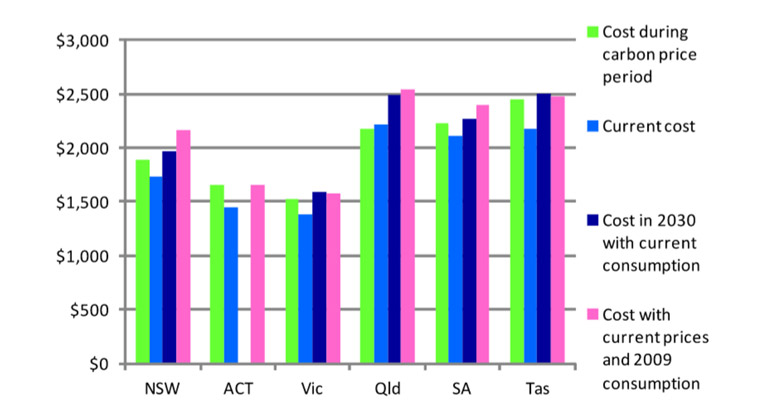-
Tips for becoming a good boxer - November 6, 2020
-
7 expert tips for making your hens night a memorable one - November 6, 2020
-
5 reasons to host your Christmas party on a cruise boat - November 6, 2020
-
What to do when you’re charged with a crime - November 6, 2020
-
Should you get one or multiple dogs? Here’s all you need to know - November 3, 2020
-
A Guide: How to Build Your Very Own Magic Mirror - February 14, 2019
-
Our Top Inspirational Baseball Stars - November 24, 2018
-
Five Tech Tools That Will Help You Turn Your Blog into a Business - November 24, 2018
-
How to Indulge on Vacation without Expanding Your Waist - November 9, 2018
-
5 Strategies for Businesses to Appeal to Today’s Increasingly Mobile-Crazed Customers - November 9, 2018
Renewable energy subsidies cuts could see closure of small-scale solar farms
The government also confirmed changes to its support for projects to produce power from biomass which it signalled late last year, saying it would no longer guarantee subsidies offered for biomass conversion projects.
Advertisement
The government yesterday announced it would stop solar farms with less than 5MW of capacity from accessing the Renewables Obligation (RO) subsidy scheme from April next year and launch a formal review of the feed-in tariff incentive scheme, fuelling fears of a fresh boom and bust cycle for solar developers and a sharp reduction in overall deployment rates.
The secretary however referenced storage throughout the proceedings and heralded it as a “really excitement” development for the energy industry, particularly when combined with solar generation, and said the “huge expectations” of the technology represented a “fantastic opportunity” for it in the UK.
“We can’t have a situation where industry has a blank cheque and that cheque is paid for by people’s bills”.
But director of the UK Energy Research Centre Jim Watson said the cuts could stall solar’s march towards parity with fossil fuels.
“We’re also anxious about the knock-on effect this could have on innovation in the battery storage market, which is led by solar”.
“Removing support for the lowest cost renewable technologies calls into question once more the Government’s commitment to meeting out medium- and long-term decarbonisation targets, sending out a worrying signal in the run up to the Paris climate change conference”.
But Richard Lloyd, executive director of consumer organisation Which?, said: “It’s right to review solar energy subsidies and the impact they have on all consumers” bills.’.
The government said it was proposing to cut subsidies on smaller solar projects of up to 5 megawatts, which usually equate to plots of about 25 acres. In addition, sharp falls in the prices of oil and natural gas over the last year have undermined the competitiveness of green energy.
“In the winter, at the moment, solar doesn’t really deliver much electricity”, she said.
The Solar Trade Association said it was a “real blow” to the industry.
“I would prefer to see a culture within the energy sector where small-scale solar power generation is seen as cost-effective without the need for Government subsidies”.
Representatives of Britain’s growing solar industry, which has been a surprising success story, expressed dismay, and environmental groups saw the move as a setback for the country’s efforts to reduce the carbon dioxide emissions associated with climate change.
Friends of the Earth energy campaigner Alasdair Cameron said: ‘This won’t lower electricity bills – all new energy is being subsidised to some extent and solar is already cheaper than nuclear and will soon be cheaper than gas from new power stations.
However, in an attempt to sugar the pill the Government also announced plans to extend the cap on subsidies past the current end date of 2020-21 to give investors more certainty about future subsidies.
Advertisement
A further risk is a lack of enforcement of Renewable Energy Purchase Obligations (RPOs), because state distribution companies are weak financially and have little incentive to take on more solar energy.




























